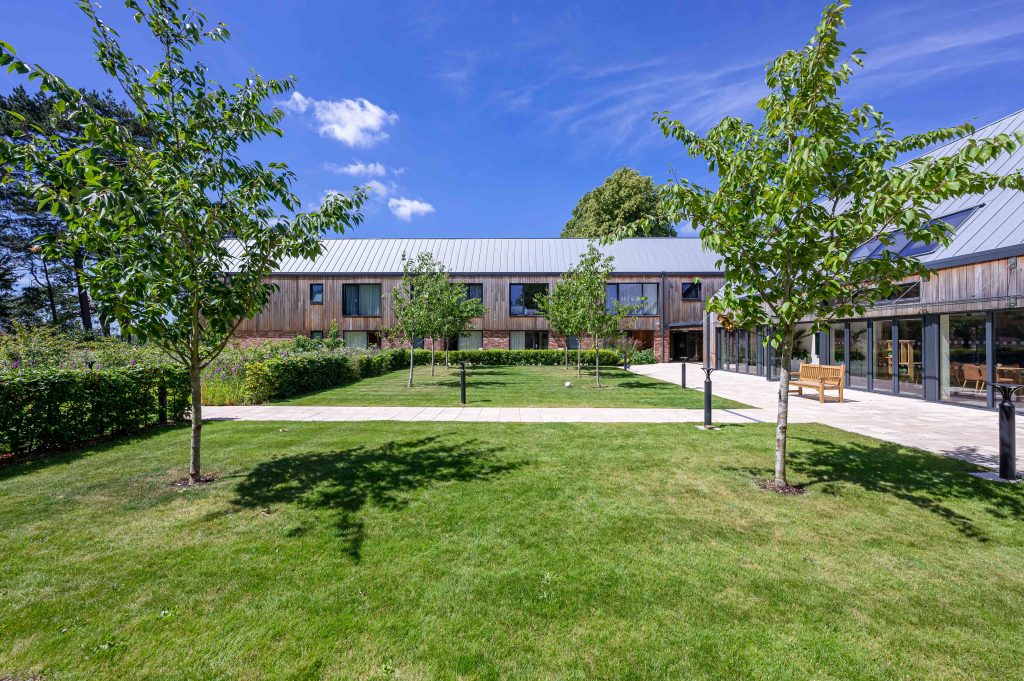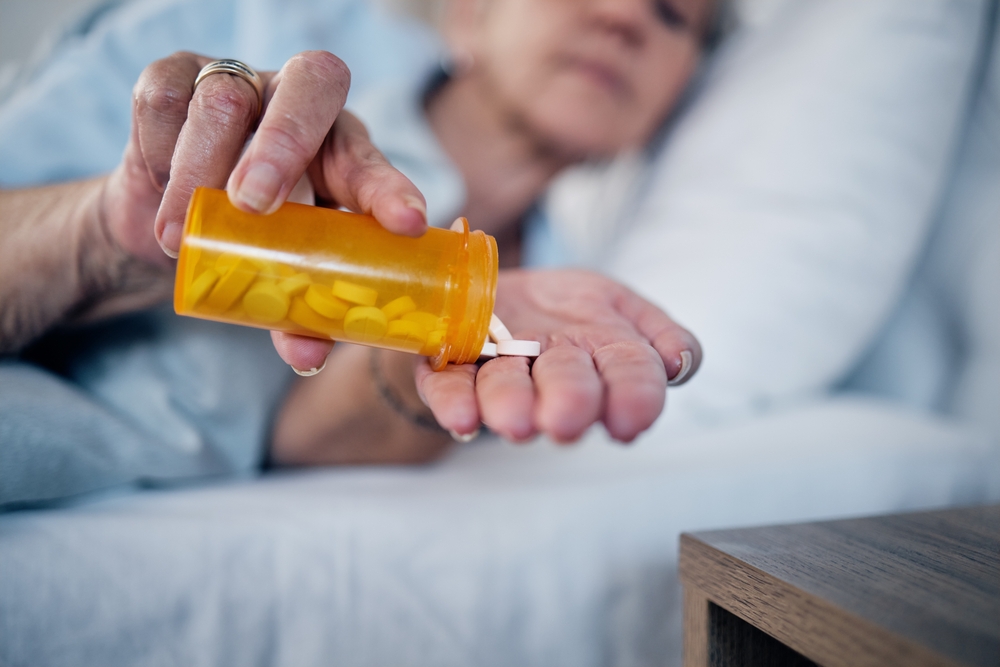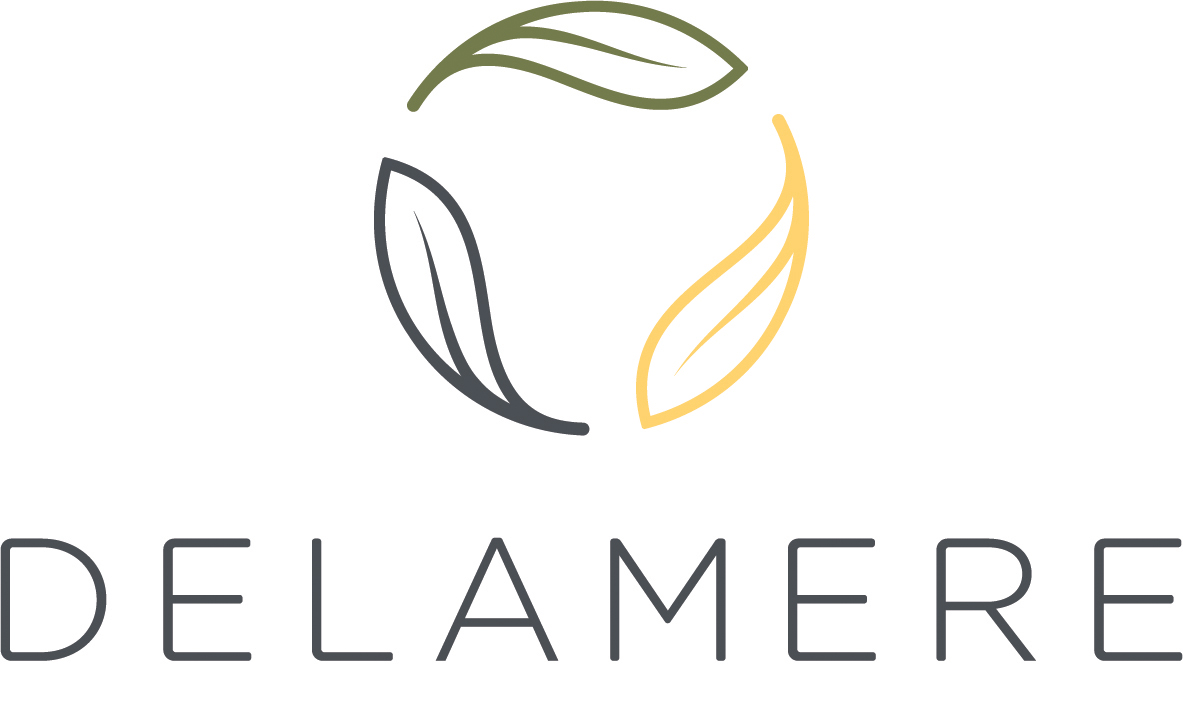What’s included?
- Introduction
- What is a relapse prevention plan?
- Why should a person in recovery make a relapse prevention plan?
- What should a relapse prevention plan include?
- How can Delamere help with preventing a relapse?
Relapse is a major concern for millions of people recovering from drug or alcohol addiction. For those who have tried to quit on their own, continually falling back into old habits may be the catalyst for seeking professional help. Even following treatment, studies show between 40 to 60% of people will suffer a relapse within the first year (1).
Experts agree that relapsing is a normal part of recovery. Since this is a lifelong process, there are bound to be triggers and stresses that occur over the years that challenge your progress. A relapse prevention plan is one tool that can help people to manage their saboteurs and stay in recovery. Here’s some advice from the experts at Delamere on how to create yours.

What is a relapse prevention plan?
Relapse prevention is a strategy designed to reduce the likelihood of a person returning to problematic behaviour, including alcohol or drug use. It involves identifying and addressing high-risk situations to help maintain abstinence with two aims in mind: preventing and managing relapse (2).
Creating a relapse prevention plan means devising a list of preventative measures that could help you stay strong in recovery. Essentially, it’s your action plan. The steps you’ll take if you find yourself being led into temptation. It can take many forms, from chatting with a trained counsellor to scribbling notes in a journal to writing an official document.
Find out more about how to prevent a relapse. Speak to Delamere
Why should a person in recovery make a relapse prevention plan?
A relapse isn’t simply the act of drinking or taking drugs after a period of abstinence. It builds up over a period of time. Creating a relapse prevention plan provides an opportunity to intervene at any of these stages (3):
Emotional relapse
A person’s emotional state starts laying a path towards relapse.
Mental relapse
Triggers lead to cravings for substances and the resurrection of a past life.
Physical relapse
The final stage is when an individual physically resumes the use of a substance.
To be in active recovery is a journey, not something that happens overnight. It takes effort, not only from the person suffering, but from friends, family, colleagues, and medical professionals involved in their care.
Creating a relapse prevention plan helps to put your behaviour into context. It takes into consideration your home environment, work life, social influences, and relationships to give you the best chance of remaining in recovery for life.
As well as helping you identify triggers, a relapse prevention plan can document ways to overcome tricky situations and ultimately avoid returning to your old way of life. A relapse prevention plan also helps others to understand how to create the best conditions to support your continued abstinence.

Need support for alcohol or drug addiction? Speak to Delamere
What should a relapse prevention plan include?
Everybody’s recovery is different. Your plan needs to be personal, relevant, and unique to you. In general, creating a relapse prevention plan should include your needs and goals, potential challenges, and strategies for success.
Outline your purpose
What’s your reason for wanting to remain in recovery? Maybe it’s your children, your job, your physical or mental health. Whatever your goal, keep this purpose at the heart of your plan. Remind yourself of how you felt when things hit rock bottom and why you never want to be there again.
Set small, measurable goals
Above all, you want to stay off drink and drugs. This is your long-term goal. But sometimes it can help to set smaller, achievable targets along the way. It might be that you want to reach the milestone of one year sober or navigate your first social gathering without drugs.
You may also choose to focus on other areas of your life that benefit from being in recovery, such as achievements at work. Breaking your plan down into bitesize chunks can help recovery feel more manageable.
Identify triggers and challenges
Certain people, places and thoughts can rattle the resolve of someone in recovery. Make sure you know what your personal triggers are and try to avoid them. Common triggers for people with substance use disorders include stress, isolation, boredom, social pressures, depression, anxiety, and unmanageable cravings. Write yours down so you can see patterns of negative behaviour emerging.
Define coping strategies
How will you overcome your triggers? Outline a particularly challenging scenario and write down your response. That way, you’ll be ready with solutions before problems even arise. Coping techniques can include everything from breathwork and meditation to getting more sleep or simply planning in regular exercise.
Check in often
Keep a list of people you can call for help if you’re struggling. This could be a friend, family member or therapist, a local support group or social media forum. A good support network is crucial to your lasting recovery. Surround yourself with people who are invested in your success and ditch the ones who aren’t.
It’s good to keep revisiting and revising your relapse prevention plan as your circumstances change. You may discover new coping mechanisms over time and find it cathartic to record your progress. Journalling is especially helpful here as you can reflect on your learnings and growth as you work through recovery and repeat techniques that have been successful in the past.
How can Delamere help with preventing a relapse?
Relapse can happen to anyone. If you’re concerned about relapsing, we provide a safe, non-judgemental environment to get you back on track and provide your very best chance of long-term recovery. Our team of holistic therapists will create an individualised treatment plan for you at our purpose-built wellness retreat in Cheshire.
As well as addressing the physical elements of your addiction with a clinical detox, we will help you identify the root cause of your problems and find coping mechanisms to overcome external triggers.

We use a combination of evidence-based psychotherapy, such as Cognitive Behavioural Therapy (CBT), and emerging techniques to help you stay focused. Whether its one-to-one sessions with your personal therapist, group counselling or somatic healing sessions, we will find what works for you.
During your time with us you will develop a future-proof plan that outlines your goals and how to achieve them. With regular support from our clinical team and your peers after you leave our care, we will help you grow above and beyond addiction.
If you are concerned about having a relapse, call us confidentially to speak to a member of the team today.
References
1. Drugabuse.gov.
2. Menon J, Kandasamy A. Relapse prevention. Indian J Psychiatry. 2018 Feb;60(Suppl 4):S473-S478. doi: 10.4103/psychiatry.IndianJPsychiatry_36_18. PMID: 29540916; PMCID: PMC5844157.
3. Guenzel N, McChargue D. Addiction Relapse Prevention. [Updated 2023 Jul 21]. In: StatPearls [Internet]. Treasure Island (FL): StatPearls Publishing; 2023 Jan-.








